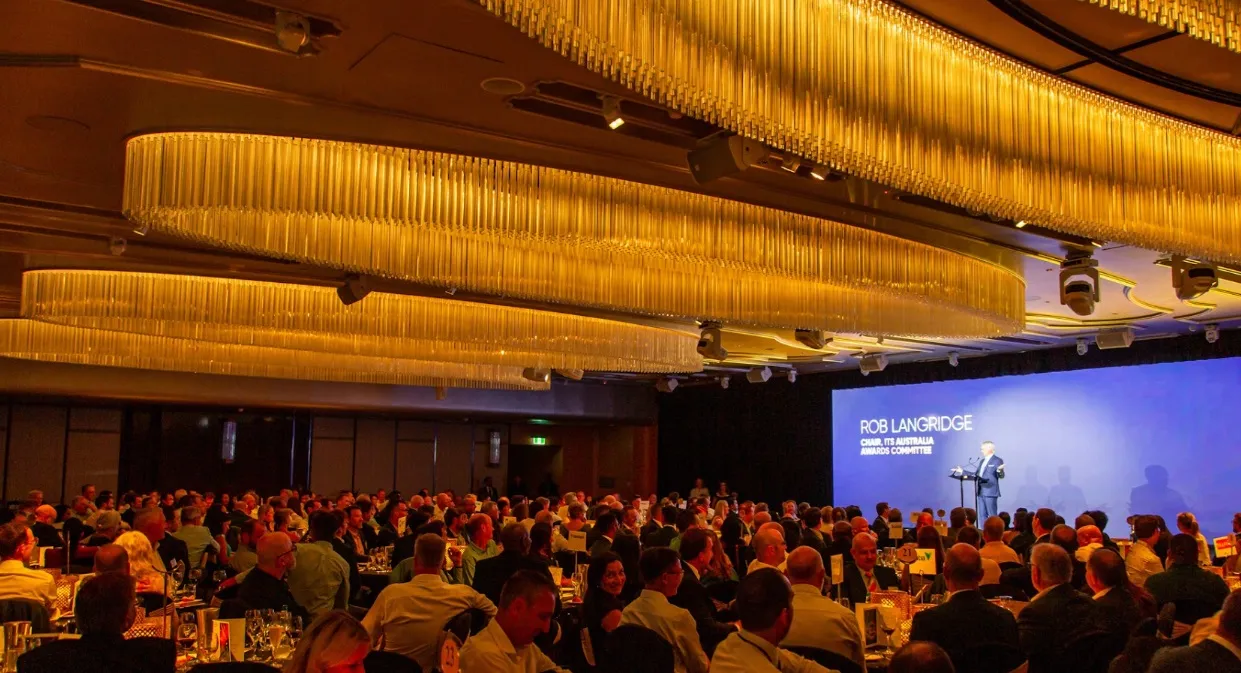
The Toyota Mobility Foundation has announced four finalists for the $3 million Sustainable Cities Challenge that aims to transform urban freight movement in Detroit, Michigan.
The Sustainable Cities Challenge has been developed in collaboration with the city of Detroit, Challenge Works and the World Resources Institute. It supports solutions to reduce fossil fuel use and improve the efficiency of freight operations in Detroit’s Eastern Market, one of the city's vital commercial hubs.
The Challenge has attracted entries from around the world, seeking to drive down the cost of electrifying freight in Eastern Market. After an initial review, 10 semi-finalists were invited to further develop their ideas over a six months.
Following evaluation from a panel of five judges, four from the group of 10 are now the finalists. They were chosen based on criteria including innovation in freight, reduction of fossil fuel use, scalability, technological maturity, potential to scale and team capacity.
Judges looked for solutions that also demonstrated a strong understanding of local needs and implementation of feasibility. Each team was required to present a clear demonstration plan with measurable KPIs to support long-term impact and scalability.
Who are the four finalists in Detroit's Sustainable Cities Challenge?
Civilized Cycles is a Detroit-based design and engineering company that manufactures light electric vehicles (semi-trikes) for urban freight and cargo delivery. The team’s solutions seek to use semi-trikes to replace gas-powered options in city environments, offering sustainable and efficient mobility solutions.
ElectricFish is a climate-tech company developing distributed energy infrastructure that combines battery storage with DC fast-charging capabilities for electric vehicles. The team’s solution aims to leverage this infrastructure to build systems designed to reduce strain on the grid, lower energy costs and provide backup power during outages.
Neology is a Swiss clean technology startup aiming to develop systems that produce hydrogen and electricity on demand. The solutions are adaptable for use in construction, urban environments, remote sites and other areas where clean off-grid power is needed.
Orange Sparkle Ball is an innovation accelerator that collaborates with organisations to scale impact-driven solutions. The team is developing a data-powered micrologistics platform which aims to streamline first- and last-mile freight delivery and enhance local logistics efficiency.
Each finalist will receive implementation funding to conduct real-world demonstrations of their proposed solutions in Eastern Market and, in select cases, in other parts of Detroit.
Detroit mayor Mike Duggan said the Eastern Market moves the food which Detroiters need every day: “Thanks to the Foundation, Detroit can help to pioneer solutions to lessen the environmental impact of this important commerce.”
“These four finalists bring an exciting mix of complementary innovations and practicality, with solutions that aim to show demonstrable impact in Detroit's Eastern Market,” said Ryan Klem, programme director at the Toyota Mobility Foundation.
“Their work provides an opportunity to show incremental steps towards sustainable, people-centred freight systems globally.”
“The diversity and ingenuity of these finalists highlight what is possible when cities open their doors to new thinking,” said Kathy Nothstine, director of cities and societies at Challenge Works.
“Detroit’s commitment to fostering sustainable freight solutions is setting a precedent. These projects are not just forward-thinking; they’re achievable and grounded in the real needs of the community.”








